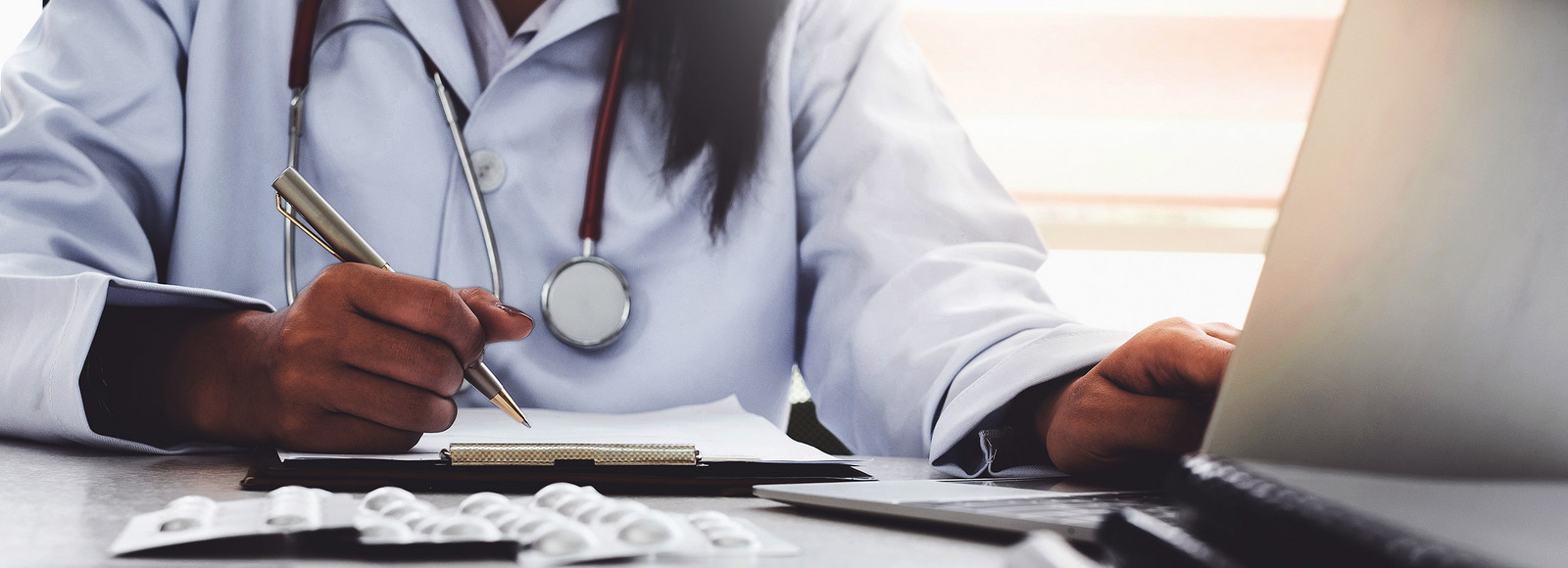Amendments to the Norwegian Biotechnology Act and Related Guidelines
The Norwegian Parliament decided on 26 May 2020 that several amendments shall be made to the Biotechnology Act and the related guidelines.
Key aspects of the decision can be summarized as follows:
1. All pregnant women in their first trimester will routinely be offered ultrasound with additional examinations, which can reveal serious illness or fetal injury. This will be a part of the public health care service in Norway. The parliamentary majority's reason for the change, is to increase the chances of identifying a fetus which has an increased risk for diseases, and consider possible measures at an early stage.
2. The age limit for obtaining fetal diagnosis, which is used to acquire information regarding genetic characteristics of the fetus, is reduced to 35 years of age when the woman will give birth. Previously the age limit was 38 years.
3. It will be allowed to conduct a Non-Invasive Prenatal Test (NIPT) on all pregnant women in Norway. The NIPT test is a fetal diagnostic method, which provides information about the child's gender, and whether the child has trisomy 21 (Down's syndrome) and certain other rare conditions. The method can be used from 9-11 pregnancy week, according to information from the Norwegian Directorate of Health.
4. Assisted reproductive technology will be permitted for single women. Previously, assisted fertilization could only be performed on a woman who is married or lives with someone in a stable relationship resembling marriage. The conditions for insemination were previously either that the man's semen cannot successfully fertilize the woman's egg, that the man has or carries a serious illness, or that two women are married or living together in a stable relationship resembling marriage. With the new changes, insemination can also take place on a single woman, without the requirement of her having a male or female partner. To be considered as a single person, the woman must live alone.
5. Donation of eggs will be legal. Egg donation entails that a woman donates one or more eggs, which can be used for artificial fertilization of another woman, or for research purposes. The Biotechnology Act previously only allowed semen donation. The female donor must be over the age of 25, and not older than 35 (while the semen donor must be over the age of 18). It is the physician who chooses the semen or egg donor.
A fertilized egg can only be inserted into the uterus of the woman who will be child's mother. Surrogacy, meaning that the woman who gives birth to the child will not be its mother, is not allowed.
When performing assisted fertilization on couples, egg and semen donation will not be permitted at the same time, nor will donation of a fertilized egg be permitted. Thus, in case of egg donation, the man in the couple's own semen will be used, and in case of semen donation, the woman's own egg will be used.
When performing assisted fertilization on a single woman, the egg must come from the single woman herself. Therefore, it will not be a legal option that an egg from another woman is fertilized with semen from a donor, and inserted into the single woman.
The financial compensation for donation shall reflect the burden and time spent for the donor, which means that the compensation level will be set somewhat higher for female than for male donors. The compensation will be set at a moderate level, taken the other Nordic countries' compensation levels into account.
6. There will be an age limit for assisted fertilization. The woman receiving assisted fertilization cannot be older than 46 at the time of the insemination or insertion of the fertilized egg.
7. There will be amendments regarding the storage of fertilized eggs. With the changes it is now legal to store fertilized eggs, until the woman who the egg shall be inserted in, is 46 years of age. The woman can consent to a shorter storage period. The company which performs assisted fertilization can determine a shorter storage period based on resource and utility considerations. However, without the consent of the woman, it cannot be shorter than five years from the time of the fertilization.
8. It will be legal to import and store unfertilized cells ("to freeze eggs"), also for non-medical reasons. Such storage could for example be an option for persons who wish to wait to have children. The public health care system is not responsible for storage which is based on non-medical reasons, and the public health care system will not be responsible for any parts of the costs (no co-payments).
9. It is now permitted to use semen from a deceased person for assisted fertilization. As long as it can be documented that it was the will of the deceased person, stored semen from the deceased person, or an egg which is fertilized with semen from the deceased person, can be used for assisted fertilization of the deceased person's living spouse, or of the person who the deceased person was in a relationship with and lived with. It is a requirement that the living spouse, or the person who the deceased person was in a relationship with and lived with, is single during insemination or the insertion of a fertilized egg. The fertilized egg must be her own. The deceased person will have legal status as the father of the child.
10. Children born from egg or semen donation will have the right to receive information about the donor from an earlier age. A child born from donated unfertilized egg or donated semen, will at the age of 15 have the right to receive information about the identity of the donor. Previously, the child would have the right to such information at the age of 18.


